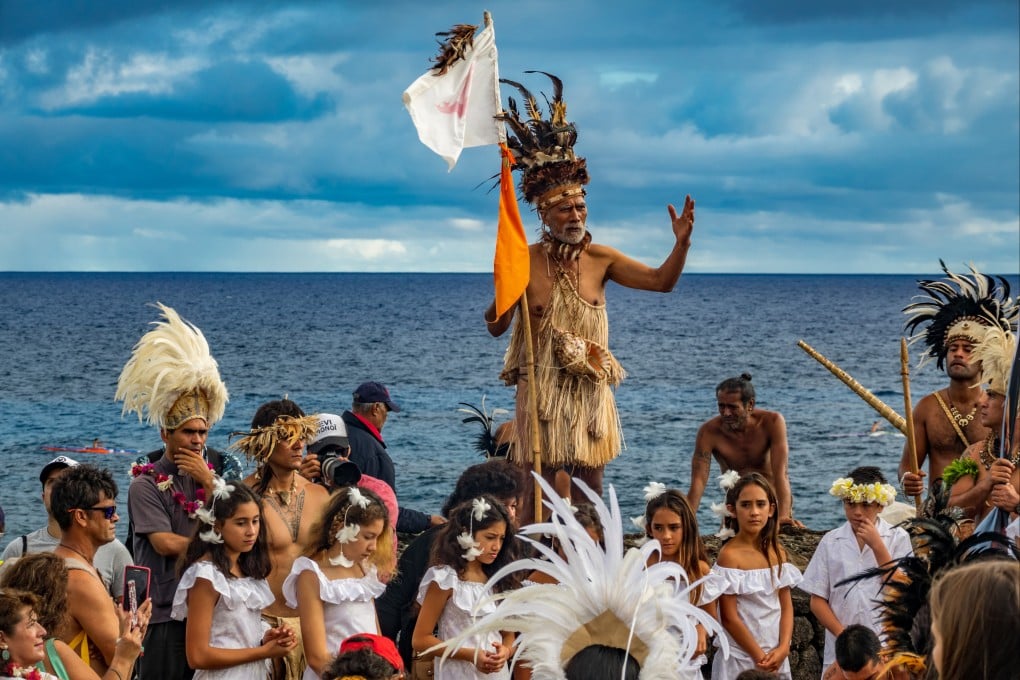Language Matters | Taboo: how the word came to describe topics such as menstruation and race, and how it helped one tourist hotspot achieve zero Covid
- The Tongan word ‘tabu’, meaning sacred or forbidden, gave birth to the English ‘taboo’, eventually becoming used to describe topics that were ‘off-limits’
- In 2020, the mayor of Easter Island relied on the discourse of ‘tapu’ to manage islanders’ concerns over the effect of Covid-19 restrictions on their businesses

On his third voyage to the Pacific, British explorer Captain James Cook observed in his logbook in June 1777: “When dinner came on table not one of my guests would sit down or eat a bit of any thing that was there. Every one was Tabu, a word of very comprehensive meaning but in general signifies forbidden.”
This was the first of several of his entries of the Tongan word tabu (with stress on the initial syllable), meaning sacred, forbidden; or set apart for special use or purpose or for the use of a god, king, priest or chief; or prohibited to a particular class (especially women) or to persons under a perpetual or temporary prohibition from certain actions, food or contact.
The word and meaning are found across the region: tabu in several languages of Melanesia and Micronesia, including some of the islands of Vanuatu, Kiribati and Papua New Guinea, tapu in Polynesian languages Tahitian and Maori, and kapu in Hawaiian.
The Tongan form was adopted into English as taboo (and tapu in New Zealand and Maori English), with stress on the final syllable, as adjective, noun and verb, in reference to such observed customs in the Pacific, and, subsequently, in the early 19th century, other “primitive” cultures.

It soon came to be used figuratively in relation to the prohibition not just of practices as dictated by religious or social custom, but more generally of the use or practice of anything. Contemporary examples include taboo topics (for instance, of menstruation, or race, or finances), and dating a colleague being considered taboo.

